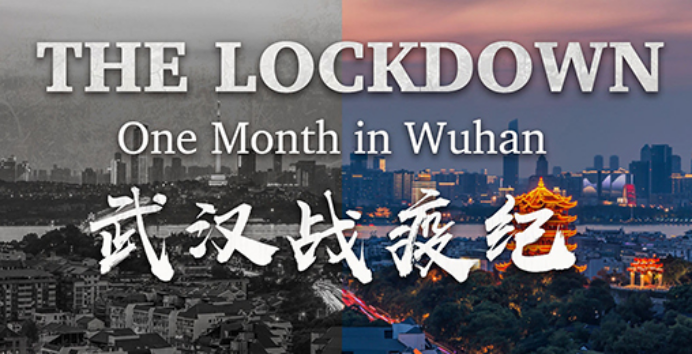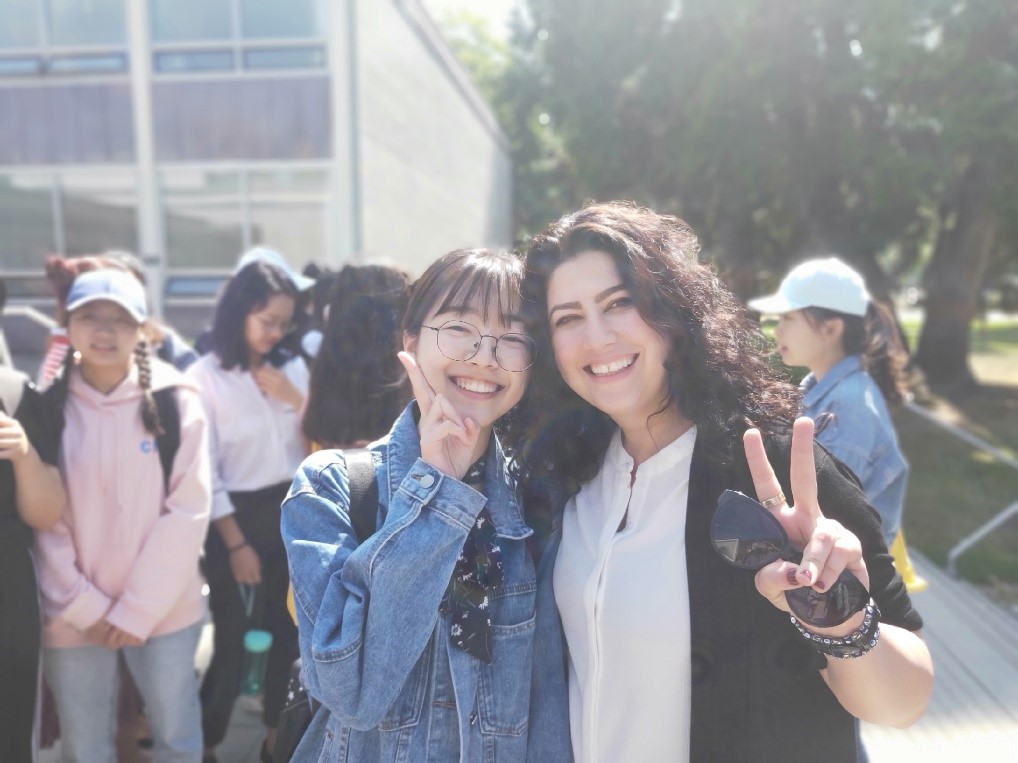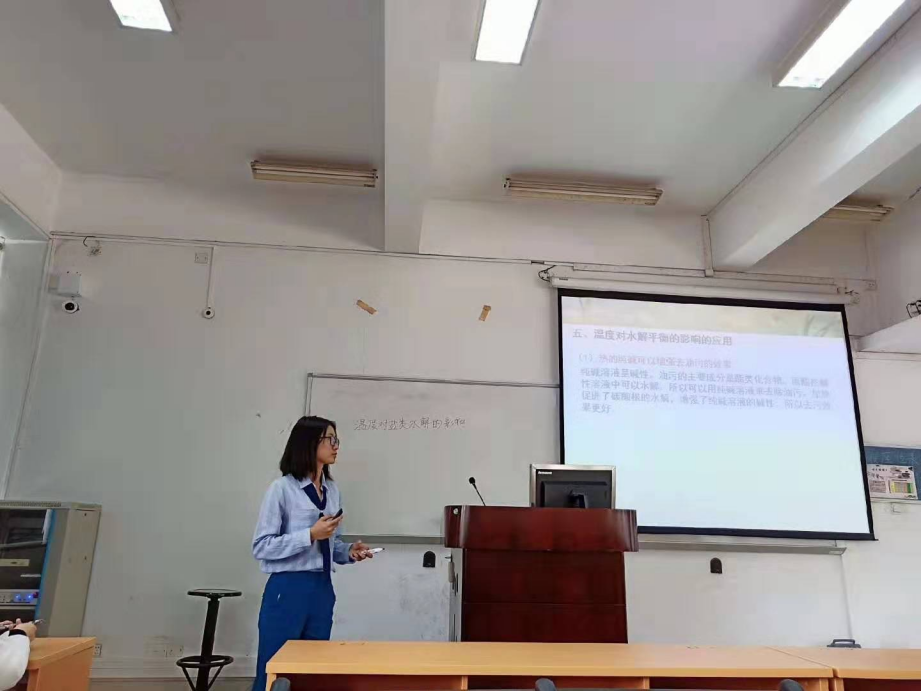
Likes
Editor's Note: Under the theme of “Challenge and Change”, the second English writing contest of SCNU has came to a close with over 280 articles from 28 schools and colleges. We recognize all prize winners for their excellent performance. Awarded winners have been announced (see results), and all winning articles will be published in this column.
-------
By Zeng Wenxiang
With media technology having connected the world closely, the concept “the global village” put forward by Marshall McLuhan, has turned into reality. Thanks to the development of digital media, people of different cultures and nations have access to the means to interact with each other at any time; therefore intercultural communication has never been more omnipresent than it is today. People learn about different values and thus embrace diversity and inclusiveness, which breaks both geographic and mental boundaries. More importantly, those who share the same beliefs can gather together and launch social campaigns via the internet.
This kind of campaign in the digital space is called digital activism, and it benefits all walks of life. Let’s take environmental protection as an example. There is growing consensus that relying solely on locals and environmentalists’ conservation practices cannot guarantee sustainable development. Instead, co-governance has been put forward as a viable solution. With regard to digital activism, Sassen suggests that activist groups can connect with others around the world to gather cross-border support through the digital network. Thus, digital empowerment, an enabler of retribalization, may integrate social resources for community development. This is because information platforms and big data can activate multi-subjectivities. Hence, it is highly recommended that more money should be funnelled into constructing digital infrastructure, to reinvigorate community engagement and strengthen social connections. This resource-pooling mechanism works, and some good examples can be seen in the Enning Road, in the Liwan district in Guangzhou.
While digital media unifies global communities tightly, it may also leads to some problems. To bring like-mind people together, groups and organizations are established. But as members become increasingly focused on their inner communities, they tend to receive information or opinions that reflect and reinforce their own, and become unwilling to get along with dissenters.
In fact, on line individuals fall back into the circle, and estrangement leads to prejudice and conflict. To approach this thorny problem, internet relationship empowerment is needed. The anchors and journalists of China Global Television Network (CGTN) such as Liu Xin and Zhou Yun, do this job well. Interacting with their on-line followers by using news sharing as interpersonal behaviour, these media practitioners played to their advantages as key opinion leaders (KOLs) and exerted a stronger influence on the public than official accounts. In this way, they form relationships and manage impressions, and thus break echo chambers and reach broader audiences.
Issues become more complicated when it comes to international communication, though. As a new cold war began unfolding, along with a stronger wave of de-globalisation, the international media environment turns out to be an arena overwhelmed with conflicting media voices over events. Reports on the 5G construction of Chinese telecom giants such as Huawei, are the most prominent examples. Domestic coverage about this is uniformly positive, praising it as the embodiment of ‘A Community of Shared Future for Mankind’. By contrast, international media such as BBC and The New York Times claimed that it is the Chinese government’s cover to exert hegemony, viewing these China-launched programs as strategic tools with a lot of strings attached. It seems that there are no possible ways to produce balanced reports with the background of geopolitics, as media outlets in different countries stand for divergent culture and cultural identities—‘politicizing culture, and culturing politics'.
However, being argumentative gets nothing resolved. It is true that conflict and divergence have become indispensable among global communities when different values clash. We cannot change the differences between diverse cultures, but we can resolve conflict by seeking common points while reserving differences. The documentary The Lockdown: One Month in Wuhan (geared toward overseas audiences) produced by CGTN can serve as a good instance. The video expressed a combination of the core values of Chinese traditional culture and “universal” values, and received millions of views and likes on overseas social media platforms such as YouTube and Facebook. This success indicates that professional journalists can bridge cultural differences and facilitate intercultural dialogue, but only with understanding of Chinese culture and a global perspective. This is what international journalism practitioners should learn from their Chinese counterparts.

The post-epidemic era has witnessed a further balkanization of the world, disillusioning a slew of globalists. But just as Bertrand Russell said: ‘Love is wise, hatred is foolish. In this world which is getting more and more closely interconnected we have to learn to tolerate each other.’ To grapple with the pandemic and build a better global society, we should cherish the spirit of cooperation no matter which nations we are, since the world has already been centuries down the road to globalisation.
Therefore, humans should learn to be united, especially for those who work as journalists and hold the power of digital media. For them, it is sensible to abandon the outdated Cold War mentality. They should know that digital media has a great impact on shaping the way people perceive the world, and shoulder the corresponding social responsibilities including quitting publishing political vitriol on non-capitalist countries. Only in this way can digital media work as an enabler of globalisation, and turn a harmonious global village into reality.
What to read next:










